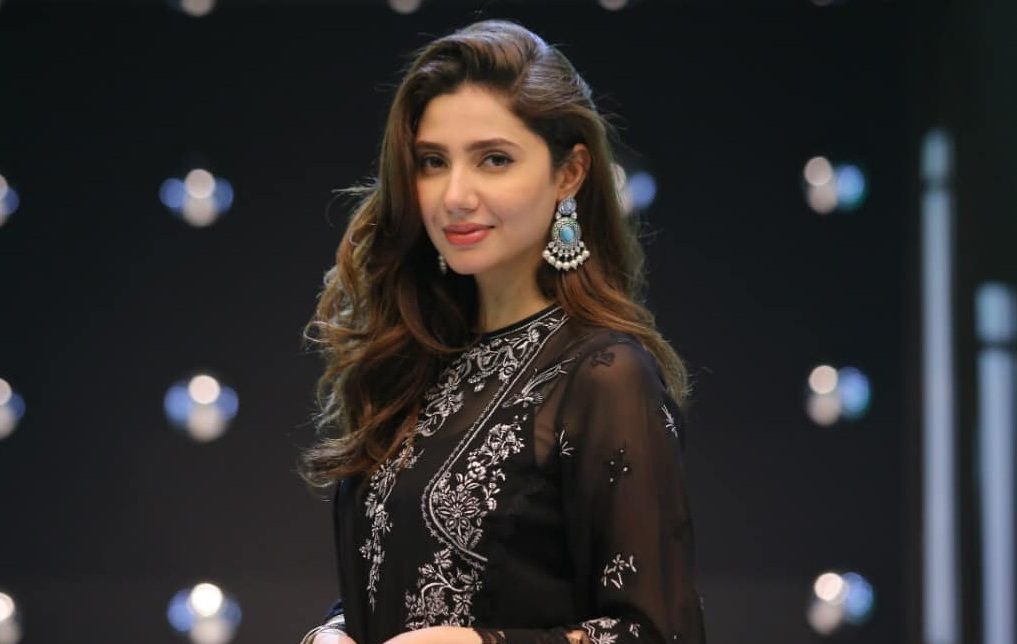
I grew up watching Humayun Saeed and Adnan Siddiqui playing lead roles, decades later, these people are still ruling the screens, not just on TV but on films too. I remember falling in love with young Adeel Hussain in Mata-e-Jaan back in 2012 and years later he is still seen in lead roles such as in the recently concluded drama serial Aakhir Kab Tak. However, can I say the same when it comes to the leading actresses who were ruling the TV screens back in the day? Not so much.
For eons in our entertainment industry, women over 40 have been largely invisible on the big and small screen, relegated to playing the not so pivotal roles of mothers, scheming sisters-in-law and evil mothers-in-law while men who fall under the same age bracket are still scoring main roles in the dramas and movies romancing women half their age and no one seems to bat an eye. Why? Because the entertainment industry is a harsh place for women who dare to age. And in all honesty, we are all guilty of fetishing the young and dismissing the famous women after they have hit a certain age. And this is not just a problem that plagues the Pakistani entertainment industry but also Bollywood and to some extent Hollywood before it got a grip on the situation and started valuing this certain age bracket in women. Even Meryl Streep, who has accumulated more Oscar nods in her 60s than most actors can hope for in a lifetime, recently admitted that her career was finished decades ago.

“I remember as I was hovering around 40, I thought each movie would be my last, really,” she told the Wall Street Journal in July. “And all the evidence of other 40-year-old women at that time — this is 27 years ago — would lead you to believe it was over.” Streep is still starring in films in her late 60s, which makes her a unicorn in Hollywood. The entertainment industry is youth-obsessed in general, but age is of particular consequence for actresses, who tend to burn brightest in their 20s. As they approach middle age, their careers dim, the number of available roles diminishes, and they start to see themselves replaced by younger starlets.

Last year in Hollywood, women over 40 swept key categories at various awards shows – at the Emmys, Kate Winslet, 46, won Best Actress in a Limited or Anthology Series for her role in Mare of Easttown. Hannah Waddingham, 47, won Best Supporting Actress in a Comedy Series, while Jean Smart, 70, won Best Actress in a Comedy Series for Hacks. Other Emmy winners included Gillian Anderson, 53, and Winslet’s Mare costar Julianne Nicholson, 50. At the Oscars, Frances McDormand, 64, took home the Best Actress award for her role in Nomadland, and Youn Yuh-Jung, 74, won Best Supporting Actress for Minari.
But when compared to the local entertainment industry, women are often criticised for being paired up against heroes who share the same age bracket, case in point, Ayeza Khan and Osman Khalid Butt’s pairing in a comic Ramzan venture Chupke Chupke sparked a great debate on the internet with people referring to Khan as Butt’s mother rather than his love interest. Even the movie star of the country, Mahira Khan, wasn’t spared from the ageist comments from a veteran artist in the industry who quoted that she was too old to be playing the lead roles and should consider opting for roles in a maternal capacity. Not to imply that there is anything wrong with playing the role of a mother. It only becomes a problem when women are told, if not shamed into, only doing maternal characters like they are unable to do anything else just because they are over a certain age.

Such grievances have been tossed around since the dawn of the entertainment industry, with a lot as talented as Sania Saeed, Bushra Ansari, Sakina Sammo, Hina Bayat Khan, Saba Hamid, and Samiya Mumtaz, rarely do we see narratives that give them the pivotal stage that they deserve after years of being in the industry. There is not much margin for the middle-aged actresses as they are believed to be playing mature characters like a mother– there’s no in-between for women. Similarly, women who wish to join the industry in their 30s and 40s have to work twice as hard to prove their mettle, take Hina Dilpazeer for instance, Laila Wasti and Tara Mehmood, all of them are phenomenal at what they do but the lack of strong roles is what keeps their talent encapsulated. Men, on the other hand, are offered roles whatever their age, but most females disappear from the screen during perimenopause, or emerge a few years later in supporting roles, usually as dowdy, eccentric, or senile grandmothers, evil stepmothers, or spinster aunts. And even if older actresses are given other characters than what is often seen, TV and film casting favours those women who look comparatively younger than their actual age and also have bodies that are the shapes and sizes of younger women.
This same vision also applies when it comes to onscreen couples. For example, Tom Cruise has only ever had one romantic interest over the age of 35: Cameron Diaz in Knight and Day, who was 38 when the film was released, while Cruise was 48. The Hollywood star is now 59 years old and is set to appear this year in Top Gun: Maverick. But his romantic interest from the 1986 original movie, Kelly McGillis, 64, said no one contacted her about reprising the role. Men even gain something with age – they have more authority and confidence while women are only left with ragged roles.
Take Hadiqa Kiani as an example, the talent that she’s brought to the table with her acting stints is impeccable and a step in the right direction to make space for middle-aged women in key roles. The change that is needed should come from within us as a society. There is an immense need to unlearn ageism first and only then can the entertainment industry progress like our counterparts in the industry.
Ageing is as natural as it can get, some age gracefully, some don’t age at all, and some age like the rest of humans, there’s nothing wrong with aging but unsolicited comments on aging, age-policing and undermining the older lot is what needs to change. While a 50/50 gender split into roles and older women cast in TV and film will help matters, what really needs attention is more women working behind the camera and in the writing studios telling stories that women of all ages want to hear. In the age of multiple streaming services, this should be possible particularly so given that women watch and stream more TV shows than men and it’s time that their viewership is valued.
Catch all the Breaking News Event and Latest News Updates on The BOL News
Download The BOL News App to get the Daily News Update & Live News.





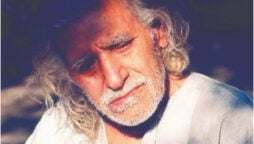
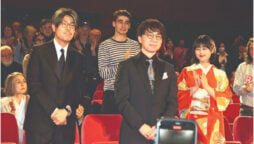
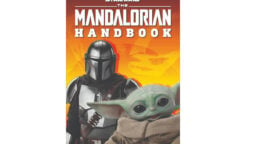
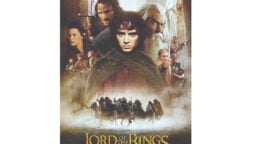
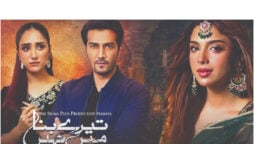
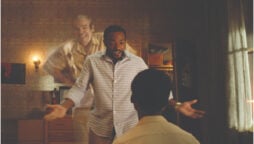

 Read the complete story text.
Read the complete story text. Listen to audio of the story.
Listen to audio of the story.